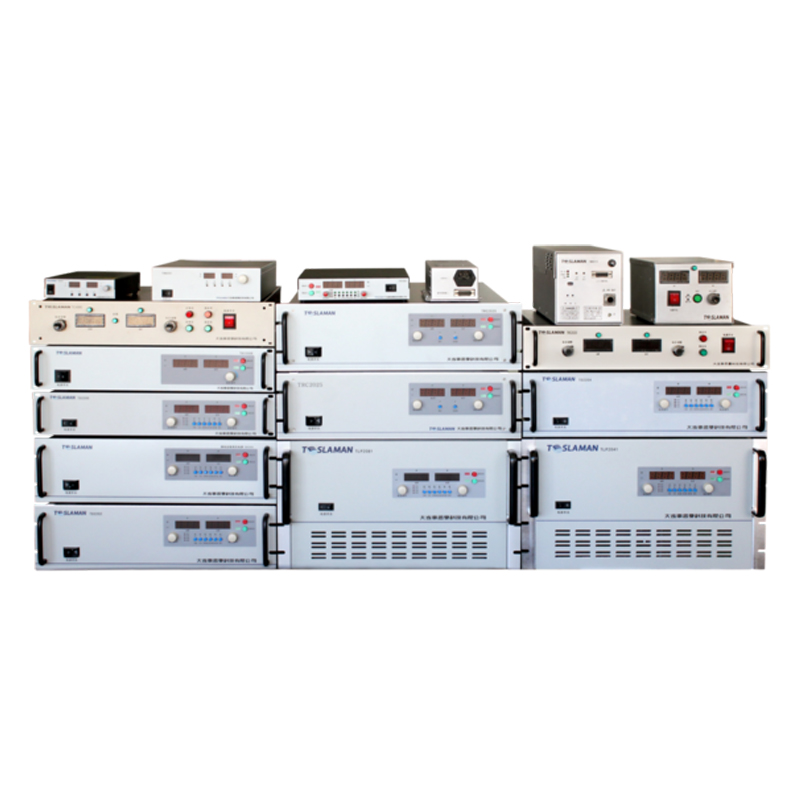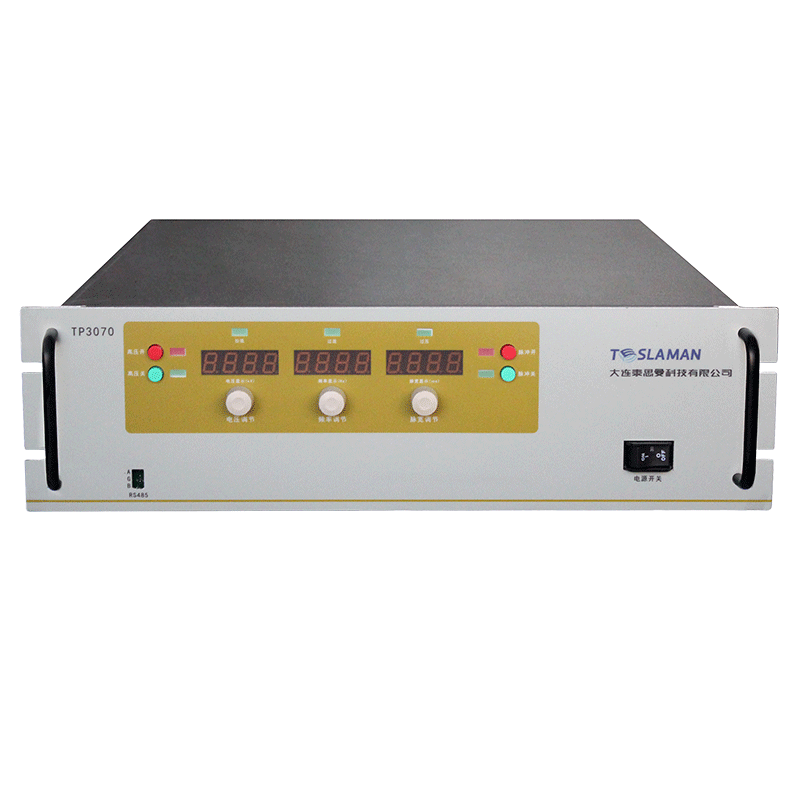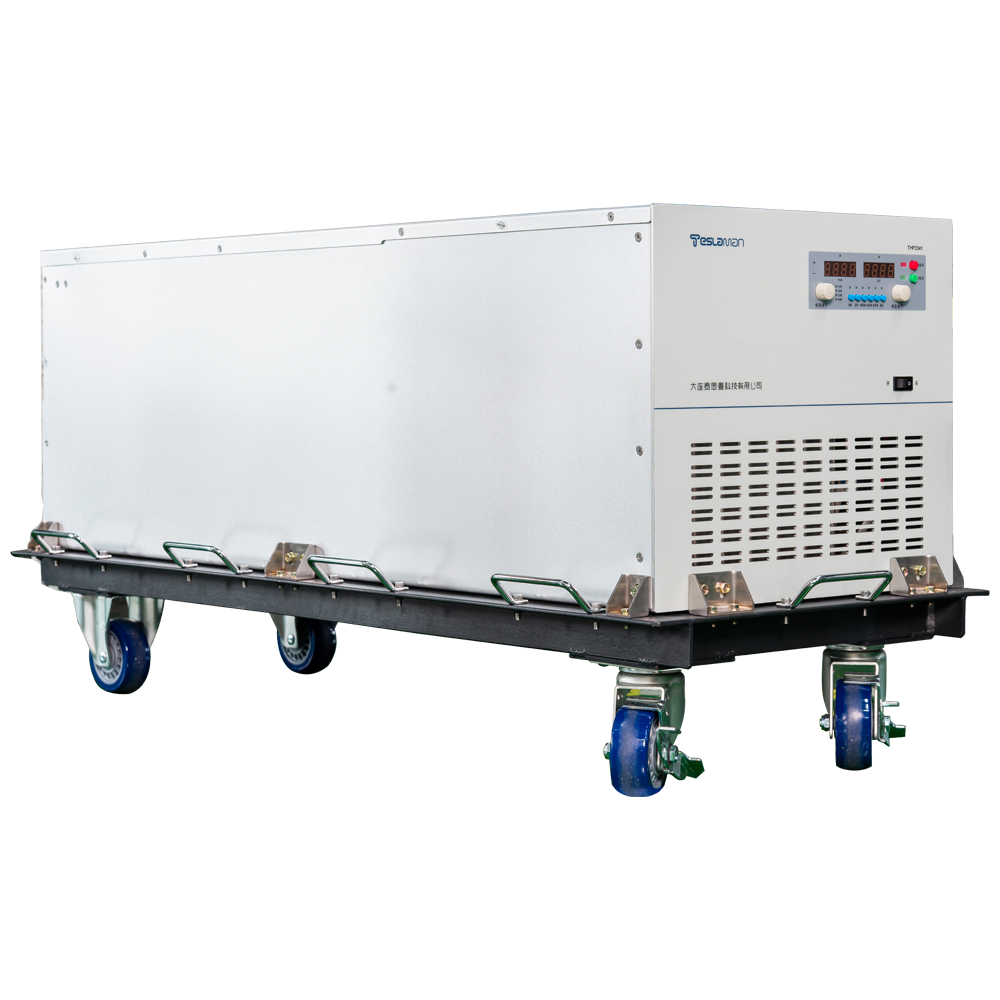Equipment Reliability of High-Voltage Power Supplies for Irradiation Sterilization
In the field of irradiation sterilization, high-voltage power supplies serve as key equipment, and their reliability directly affects the sterilization effect and production efficiency. Irradiation sterilization is a technology that uses ionizing radiation to kill microorganisms to achieve the purposes of disinfection, preservation, etc. The high-voltage power supply provides a stable high voltage for the radiation source to ensure that it generates a radiation beam of sufficient intensity.
The reliability of the high-voltage power supply is first reflected in the stability of its electrical performance. During the irradiation sterilization process, precise voltage and current control are required to ensure the consistency of the radiation dose. If the output of the high-voltage power supply is unstable, it will cause fluctuations in the radiation dose, thereby affecting the sterilization effect. For example, a too-low voltage may not effectively kill microorganisms, while a too-high voltage may damage the irradiated items. Therefore, the high-voltage power supply should have the ability of high-precision voltage regulation and stable current output to meet the strict requirements of irradiation sterilization.
The heat dissipation performance of the equipment is also an important factor affecting reliability. A large amount of heat will be generated during the operation of the high-voltage power supply. If the heat cannot be dissipated effectively and in a timely manner, the temperature of the equipment will rise, which will affect the performance and service life of the electronic components. A good heat dissipation design, such as the use of efficient radiators and a reasonable air duct layout, can ensure that the high-voltage power supply remains within an appropriate temperature range during long-term operation, improving the reliability and stability of the equipment.
The anti-interference ability cannot be ignored either. There are various electromagnetic interference sources in the irradiation sterilization environment, such as the pulse signals of the radiation source and the electromagnetic radiation of surrounding equipment. The high-voltage power supply should have good electromagnetic compatibility and be able to work normally in a complex electromagnetic environment to avoid equipment failures or performance degradation caused by interference. Through reasonable shielding design and filtering circuits, external interference can be effectively suppressed, ensuring the stable operation of the high-voltage power supply.
In addition, the maintainability of the high-voltage power supply is also an important indicator to measure its reliability. In actual production, regular maintenance and inspection of the equipment are necessary measures to ensure its normal operation. A high-voltage power supply design that is easy to maintain, such as using a modular structure and easily replaceable components, can greatly shorten the maintenance time, reduce maintenance costs, and improve the availability of the equipment.
In conclusion, the equipment reliability of high-voltage power supplies for irradiation sterilization is a comprehensive concept, involving multiple aspects such as electrical performance, heat dissipation, anti-interference, and maintenance. Only when these aspects reach a high level can the high-voltage power supply operate stably and reliably during the irradiation sterilization process, providing a strong guarantee for production.




















